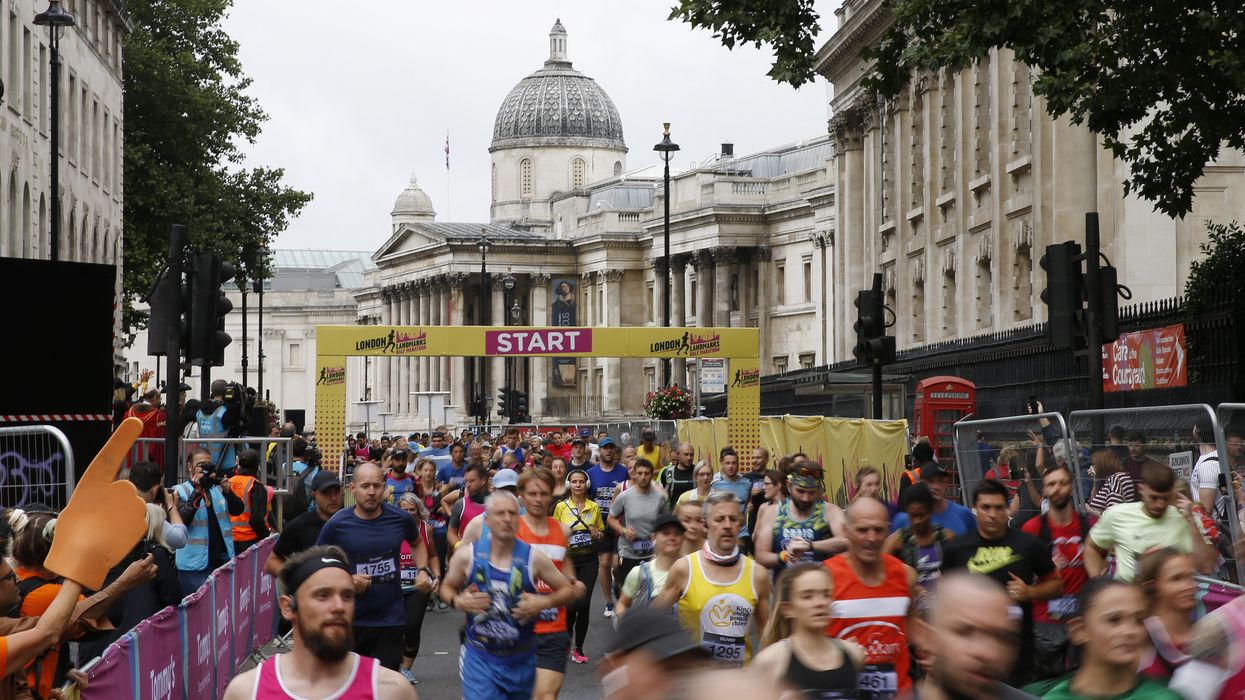More than 20,000 runners took to the streets of London today to complete the London landmarks half marathon, following a 13.1-mile route past some of the city’s most famous sites.
The race set off from Downing Street, with participants passing key landmarks such as Number 10, Big Ben, the Houses of Parliament, the London Eye, St Paul’s Cathedral, and Tower Bridge. The course is unique in crossing through both the City of Westminster and the City of London.
Among the notable sights along the way were Somerset House, St Paul’s Cathedral, and the London Eye, offering runners a scenic backdrop as they made their way through the capital.
This year marked the event's eighth edition, attracting celebrities, charity fundraisers, and individuals aiming for world records. The London Landmarks Half Marathon is known for its strong focus on charity, and today’s event was no exception.
Tommy’s, the UK’s leading pregnancy charity, is the official charity partner. However, runners also raised funds for a wide range of causes, with more than 500 charities believed to have been represented. In total, around £16 million is expected to have been raised.
The event continues to be a major fixture in the UK running calendar, combining a challenging course with a celebration of London’s heritage and a strong emphasis on charitable giving.

